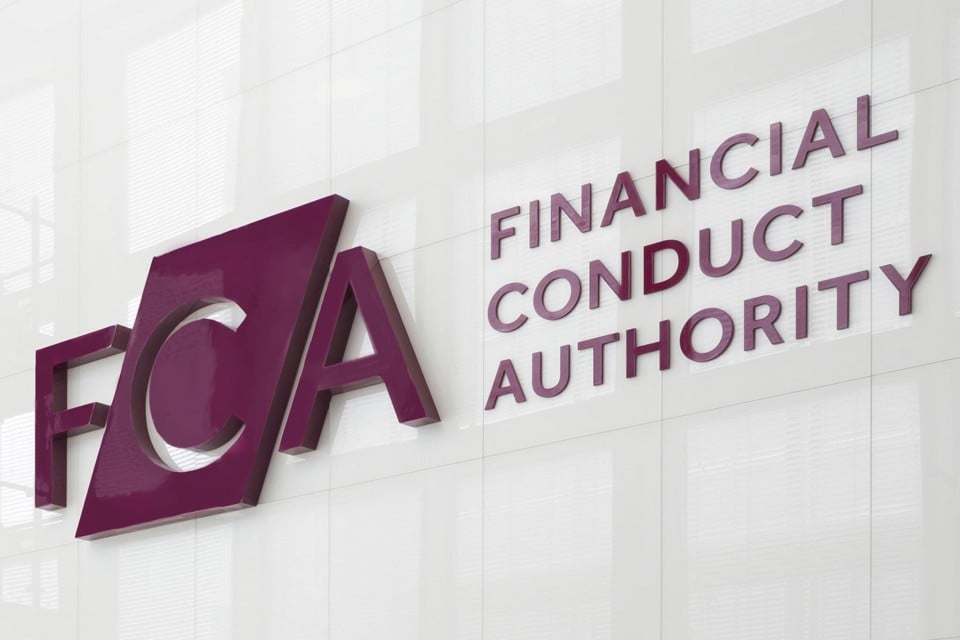The Financial Conduct Authority (FCA) has said that the finance sector needs “a higher quality of credit information” to ensure that consumers get accurate lending advice.
It has now set-out a series of proposals with the aim of ensuring that credit reference agencies (CRAs), which build financial profiles of consumers to inform lending and other decisions, improve the standard of data on offer to inform lending decisions.
The measures hope to ensure that “consumers are not denied credit they could afford or given credit they cannot afford”, it said.
They also follow FCA research which suggested pawnbrokers were the only lending provider deemed worse than motor finance at assessing customer vulnerability.
 Commenting on the need for improved data to better inform customer finance agreements, Sheldon Mills, the FCA’s executive director, consumers and competition, said: “It is vital that the credit information market works effectively for firms and consumers.
Commenting on the need for improved data to better inform customer finance agreements, Sheldon Mills, the FCA’s executive director, consumers and competition, said: “It is vital that the credit information market works effectively for firms and consumers.
“We want to see industry reform to help deliver the changes, but in the meantime, it is important consumers know how to access their credit information and talk to their lenders if they are facing difficulties.
“Our proposals will help consumers get better decisions from lenders and lenders to have confidence that the information they have access to is sufficiently comprehensive.”
Among the measures proposed by the FCA to improve the consumer credit data market are:
- Establishing a new, more representative and accountable industry body to oversee arrangements about sharing of credit information
- Improving the quality and coverage of credit information
- Enabling greater competition and innovation through potential changes to data access arrangements and more timely data reporting
- Simplifying ways for consumers to access their credit file and dispute any inaccurate information held about them
The FCA said that lenders have indicated they are largely happy with the breadth of information they have access to, but noted: “There are differences in the information held by different credit reference agencies.”
Its ‘borrowers in financial difficulty research’ found that, while 90% of consumers are aware of the existence of credit scores and files, 47% of borrowers in financial difficulty mistakenly believed that the simple act of contacting lenders would have an adverse impact on their credit file – with 16% ignoring contact from lenders as a result.
Further research by the FCA about how consumers use credit information found that 43% of consumers did not realise they have a right to access their statutory credit report for free.
The FCA has asked the industry to set up a new representative body in 2023 and will then work with the industry to agree further improvements.
The FCA’s latest action comes after the automotive retail sector became one of numerous areas of the finance market to draw-up plans for the new Consumer Duty, which will come into force next summer.
It also follows research which showed UK consumers’ finance debt for new and used cars has risen to £40 billion per year – a £29bn increase since 2009 – as inflation of over 11% and recession puts household incomes under increasing strain.
In response to the FCA’s proposals on the operation of the credit information market, the Finance and Leasing Association’s (FLA) director of consumer and mortgage finance, Fiona Hoyle, said: “Lenders rely on the information provided by CRAs, so we are keen to see improvements that would enable the system to work better for our members and their customers.
“Good governance is the basis for sound operation. In a highly specialised area like the provision of credit information, having an industry-led solution is a good approach. We look forward to playing our part in the development of a new representative body.”















Login to comment
Comments
No comments have been made yet.